
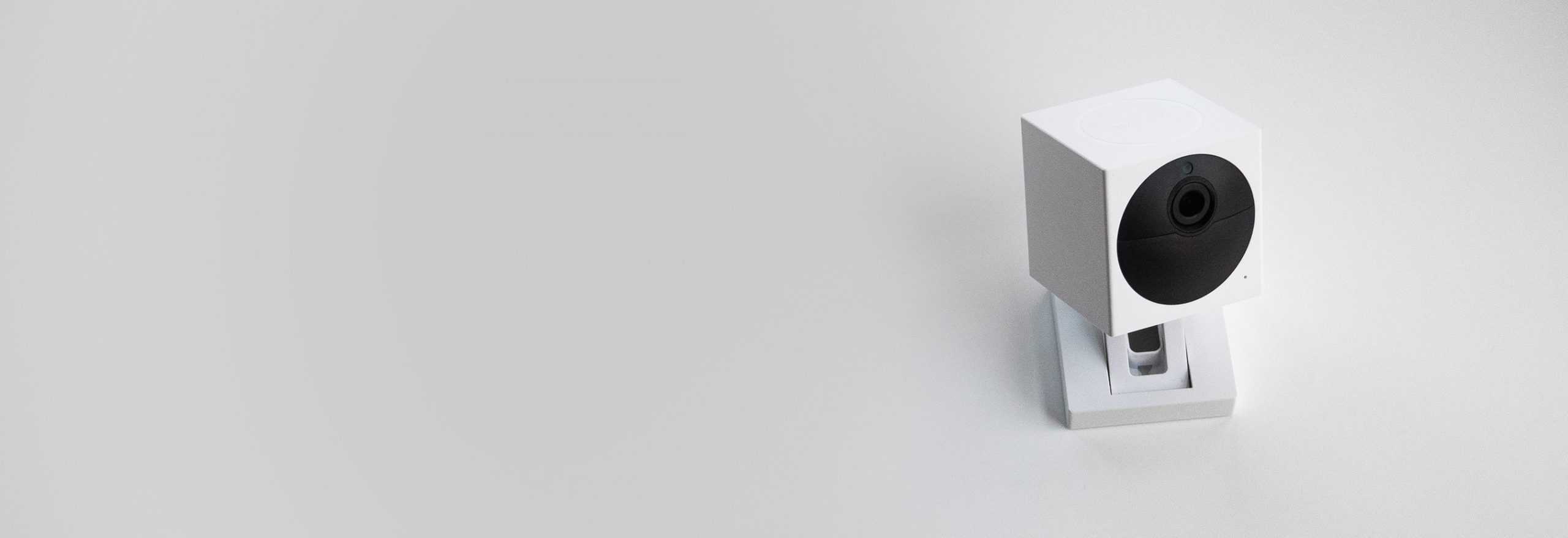
DIY is the future of home security, but before making your home into the Big Brother house, take some time to check out the legal implications.
All of our content is written by humans, not robots. Learn More

Editor’s Note: You shouldn’t rely only on security cameras. You can protect your home with a totally-legal, DIY home security system that has entry sensors and smart alarms. You can even pick extra devices to suit your layout.
Disclaimer: The information herein is provided for informational purposes only and is not legal advice, nor is it a substitute for obtaining advice from an attorney. Each case is different, and you should not act or rely on any information contained herein without seeking the advice of an experienced attorney.
Security cameras are one of the staples of a well-rounded home security system. So of course, security cameras are legal. But are there any instances or circumstances where security cameras are illegal? In a word, yes. A lot of people have been imprisoned or fined because of how they used their security cameras. Scary thought, but as we’ll explain throughout this guide, you have nothing to worry about.
Pro Tip: For outdoor cameras, the Ring Spotlight Cam comes highly recommended to avoid violating your neighbors’ privacy because of Motion Zones. See our Ring Spotlight Cam Battery review to learn how surprisingly simple and efficient this outdoor camera is.
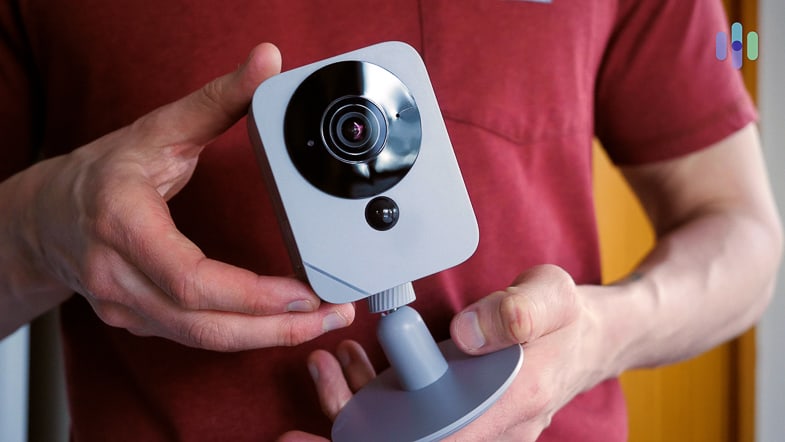
The most common infraction of security camera owners who have gotten into legal hot waters is using security cameras to invade and violate other people’s privacy. For example, a landlord who puts a hidden security camera inside his apartment unit without consent from the tennant. That’s an obvious violation of privacy.
However, there are certain unclear areas. For instance, what if guests come over and you have security cameras in your house? Do they need to sign a waiver? Or, what if someone walks by your house and they were captured by your outdoor cameras? Can they sue you because they were recorded without their consent?
The laws aren’t overly explicit and they vary by state. So let’s look at federal and state laws that influence the legality of security cameras in such instances.
At the federal or national level, there are two sets of laws you’ll want to think about when setting up your home security cameras: consent laws and expectation of privacy laws.
FYI: Cameras in your home are a great way to keep track of pets and small children. Just be sure to consider the privacy standards of any guests or visitors when placing your cameras.
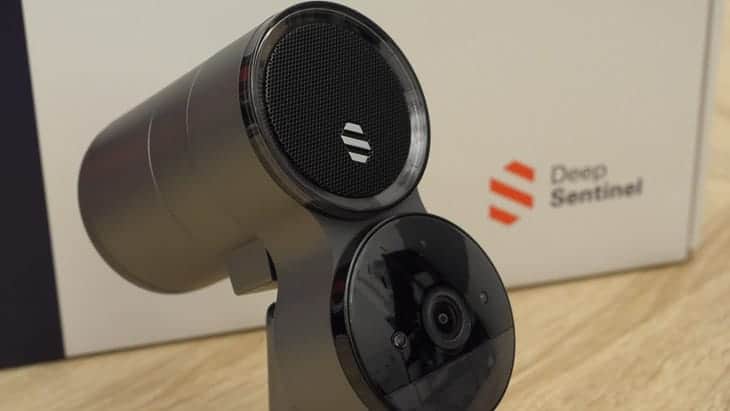
Only 15 states in the U.S. have specific laws around security cameras, but some counties and cities also have their own laws. So if you don’t see your state listed below, check out your home city or county’s website for more info.
The law interprets audio and video recording slightly differently. First and most importantly, it is legal at both the federal and state level to record anything with an adequately displayed home security camera or recording device (i.e., not hidden). That means that you can install your home security system with a video doorbell, outdoor camera, or indoor camera that records sound, as well as video, without much worry. However, there are some legal oddities and critical ways to prevent your security camera installation from becoming a legal liability.
Did You Know: Laws around security cameras vary by state and county. Check out your state or local sheriff’s website for more information.
One of the classic cases of indoor security cameras is the nanny cam. Long gone are the days of hiding a secret camera in a teddy bear, but hidden cameras are generally legal, as long as they abide by the expectation of privacy laws outlined above. For example, you can put a hidden camera in the living room of your house, since guests shouldn’t expect privacy there. It’s a common area, after all.
There are any number of how-tos, instructional videos, and Reddit threads teaching people how to effectively hide their in-home security cameras, but before jumping in, you would be wise to consider the potential ramification of recording your guests or hired help without their consent. It’s important to mention that laws around recording audio are much tougher than video, so always keep that in mind while looking for the right camera for your home. As always, it’s important to look at the legislation on a state-by-state basis.
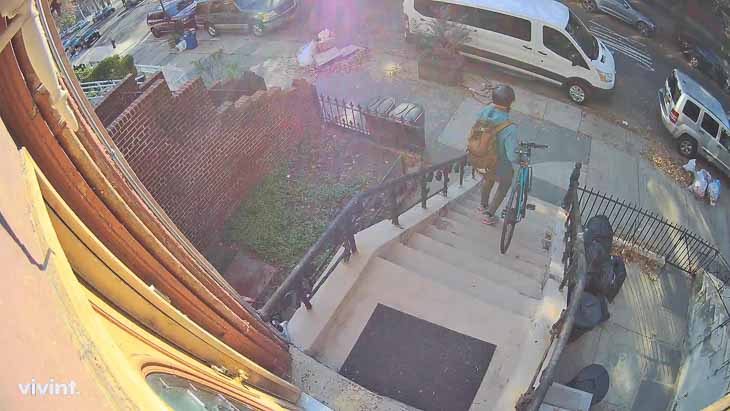
As you may have learned from our best practices on where to place your home security camera, outdoor cameras don’t deal with some of the potential privacy infringements that indoor cameras do. Outdoor cameras, including video doorbells, can reasonably be stationed around your property. Even if your outdoor cameras have indirect views of your neighbors’ yards, that shouldn’t be a problem.
It’s a different story when an outdoor camera is pointed directly towards and can see through a neighbor’s window. Everyone has the right to a greater expectation of privacy inside their homes. Even if your cameras aren’t on their property or in their house, being able to see the inside of a neighbor’s house is a violation of their privacy.
The best course of action is to keep those digital eyes focused on your own property and/or public property.
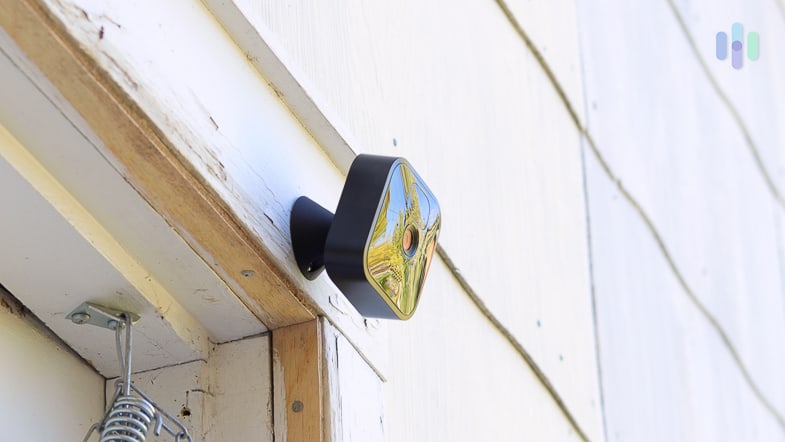
Surprisingly enough, some counties require that you register your own security cameras and alarm systems with local or municipal governments, which we explain more fully in “does my home security system need a permit?”. One of the closest counties to us that requires registry is Suffolk County in Long Island. 4 Thankfully, in Suffolk County, the only security systems that require a registry are linked directly to the local police alarm, so your average DIY security systems aren’t subject. All the more reason to check out your local ordinances before making your home security decision.
With the ability for laws around security cameras to change at the whims of the government, it’s hard to figure out what is and isn’t legal. The best piece of advice is first to make sure that you are setting up indoor and outdoor security cameras for the right reasons. Things like security and protection are reasonable, so even if you record something that might be in the gray zone of legality, as long as your cameras are in plain sight and are in a public place, you should be safe from legal action.
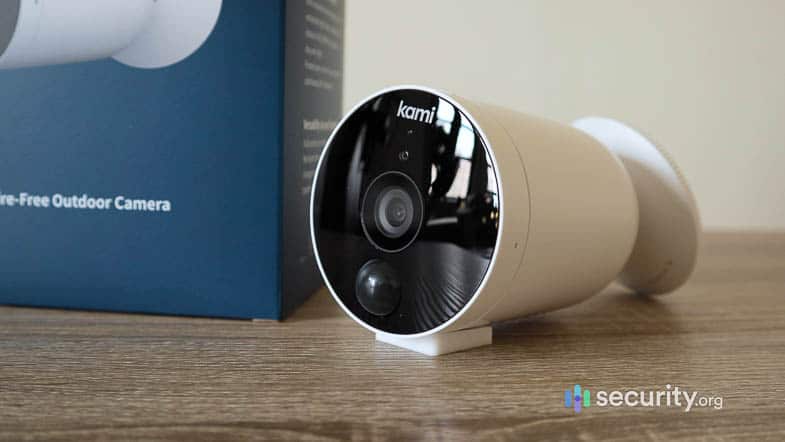
Mitigating risk is our specialty here at Security.org, but sometimes the risk isn’t from hackers, data thieves, or home intruders; it’s from the law itself. Security cameras present an interesting combination of both protecting the users, but also, potentially opening them up to some legal risks. Luckily, following the rules and suggestions laid out above is just as easy as installing a DIY camera, so if you stick to those basic principles, you’ll be operating legally and protecting your home more effectively.
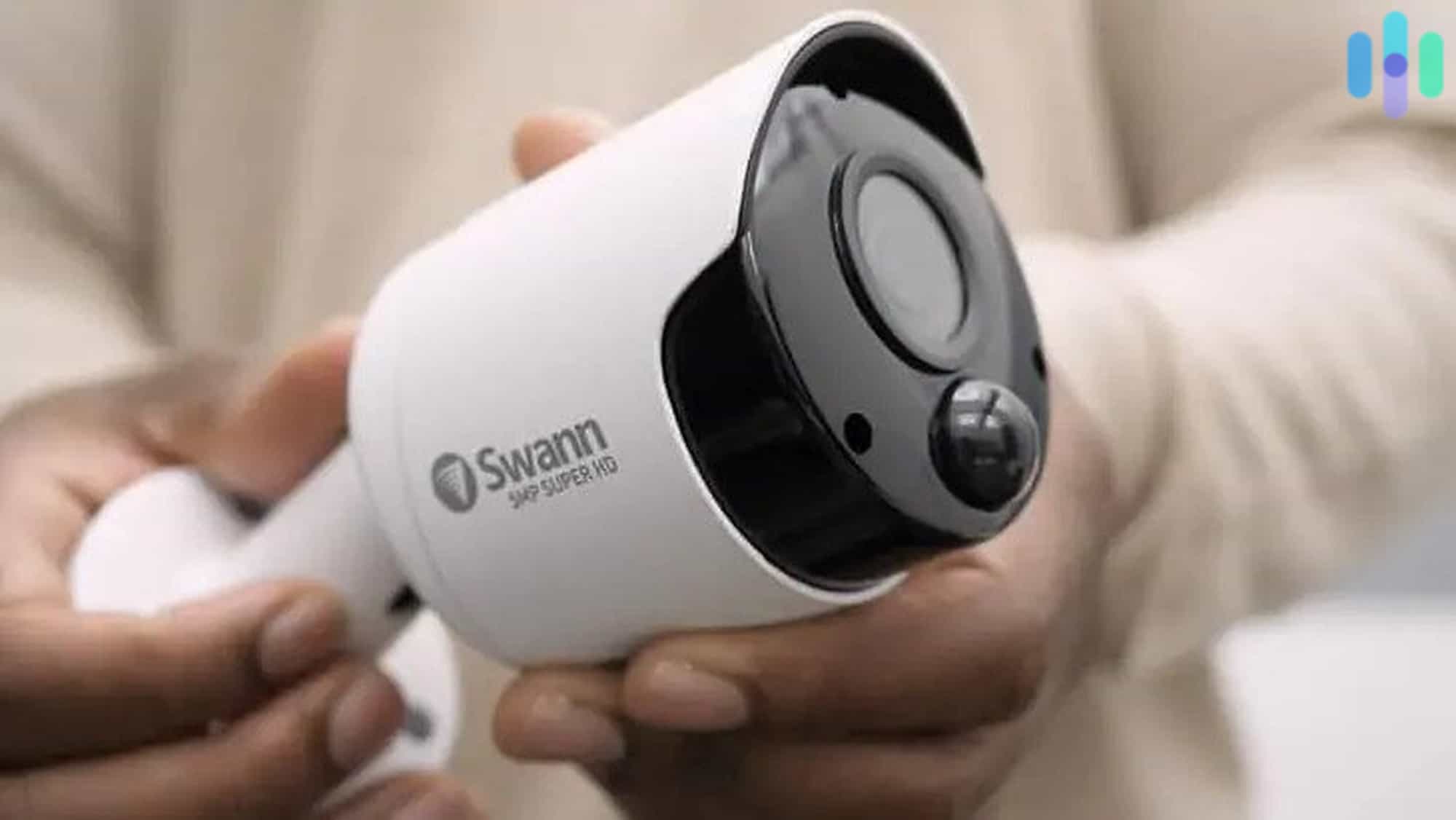
Even though we covered a lot in the article, there may still be some unanswered questions. Here are a few frequently asked questions that we get all the time.
Security cameras are allowed on your own property. However, it is illegal to record anyone without their consent in places where there is an expectation of privacy. That includes places like bathrooms, changing rooms, private bedrooms, etc.
No, you do not need a sign if you have security cameras. Sometimes people opt for signs as a deterrent to potential intruders or simply to let the package deliverers, dog walkers, etc. know that they will be on camera. However, they’re not legally required.
No, it is not illegal to have cameras that include audio. However, in many states it is illegal to record someone without their consent, especially when they are indoors. To avoid this, it’s important to keep any cameras in plain sight and check with local or state laws.
Yes, hundreds of police departments have agreements with Ring that allows them to see video and access data from their video doorbells with users’ consent or a government subpoena.